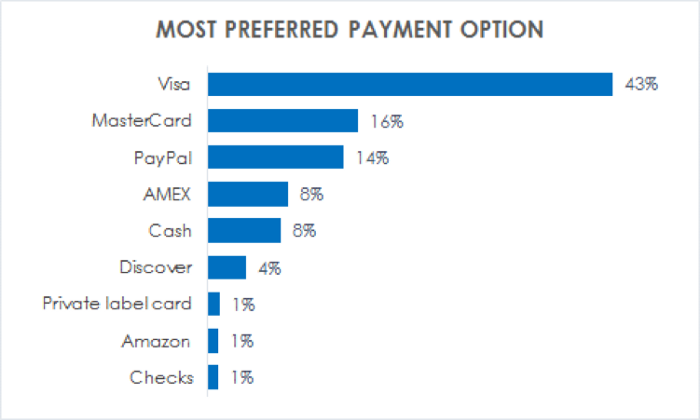Today, in the US, crypto coins are seen as property by the IRS. Therefore, according to policy, if you want today to pay for your coffee with 0.00075 Bitcoins worth about $5 dollars, you also must pay tax on these 0.00075 Bitcoin you just spent.
Tax details
What tax? Here is a rough way on what this tax is. You have to calculate at what USD/BTC price you purchased these 0.00075 Bitcoins, lets say $250 per Bitcoin. You have to look at what USD price you sold these bitcoins, lets say today at $6600. Then you have to look up your tax rate, lets say 30%. Therefore in addition of paying for your coffee with 0.000075 BTC you also have to write a check to the IRS for 0.00075*(6600–250)*0.30=$1.42
Read more